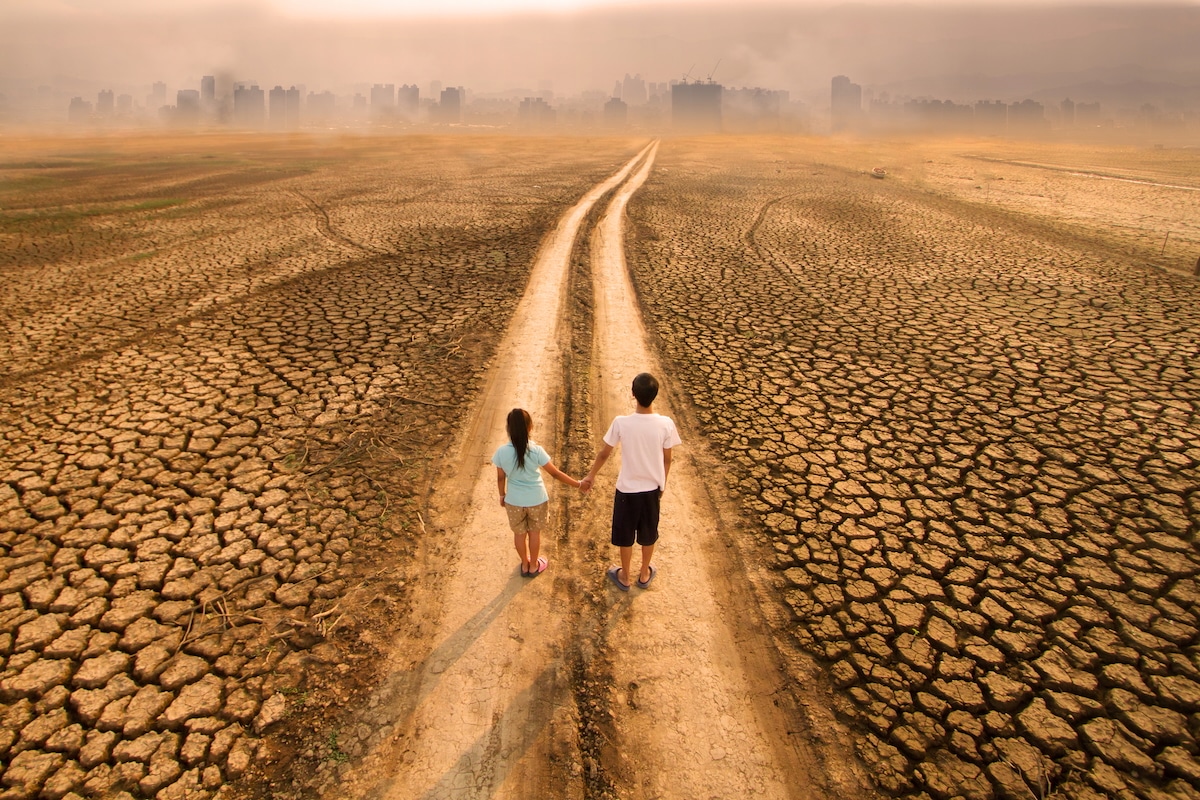
UN’s Top Court Rules That ‘Clean, Healthy’ Environment Is a Human Right
How did your country report this? Share your view in the comments.
Diverging Reports Breakdown
UN’s Top Court Rules That ‘Clean, Healthy’ Environment Is a Human Right
The International Court of Justice ruled that nations have an obligation to act on climate change under international laws protecting the environment and human rights. The court also ruled that breaching these obligations will cause members to incur legal responsibility and could result in them being required to stop the wrongful conduct, make full reparations and offer guarantees of non-repetition. The Pacific Island country of Vanuatu lobbied other member states to support the initiative in the UN General Assembly. The recent case is the largest the ICJ has ever reviewed in terms of the number of member states that took part in oral proceedings — 97 — as well as the 91 written statements. The hearing lasted two weeks in December, during which representatives of vulnerable states argued that legal responsibility for continuing climate change impacts should fall on a handful of countries. Meanwhile, the planet’s top GHG emitters denied having any legal responsibility other than the Paris Agreement.
In a landmark finding, the United Nations’ top court on Wednesday issued an advisory opinion stating that a “clean, healthy and sustainable environment” is a human right.
The International Court of Justice (ICJ) ruling supports the obligation of UN member states to tackle the climate crisis and outlines the consequences they could face if they fail to do so.
“The consequences of climate change are severe and far-reaching: they affect both natural ecosystems and human populations. These consequences underscore the urgent and existential threat posed by climate change,” said ICJ president Yuji Iwasawa, as The Guardian reported.
The ICJ ruled that member states have an obligation to safeguard Earth’s environment from greenhouse gas (GHG) emissions while acting with “due diligence and cooperation” in doing so, reported UN News.
The court also ruled that breaching these obligations will cause members to incur legal responsibility and could result in them being required to stop the wrongful conduct, make full reparations and offer guarantees of non-repetition, depending on the circumstances.
The International Court of Justice ruled that nations have an obligation to act on climate change under international laws protecting the environment and human rights. By @lsommer.bsky.social
[image or embed] — NPR (@npr.org) July 24, 2025 at 2:38 PM
To justify their decision, the court used the commitments of member states to both human rights and environmental treaties, including the Kyoto Protocol, the Biodiversity Convention and the Paris Agreement.
“But also, because ‘a clean, healthy and sustainable environment is a precondition for the enjoyment of many human rights,’ since Member States are parties to numerous human rights treaties – including the UN’s Universal Declaration of Human Rights – they are required to guarantee the enjoyment of such rights by addressing climate change,” UN News said.
The Pacific Island country of Vanuatu in 2021 announced that it would seek an ICJ advisory opinion on climate change. Youth group Pacific Island Students Fighting Climate Change inspired the action. Vanuatu lobbied other member states to support the initiative in the UN General Assembly.
In response to the request, the assembly adopted a resolution that requested an ICJ advisory opinion on two questions: “(1) What are the obligations of States under international law to ensure the protection of the environment, and (2) What are the legal consequences for states under these obligations when they cause harm to the environment?”
Although advisory opinions are not legally binding, they carry significant moral and legal authority, while helping to develop and clarify international law by defining the legal obligations of member states.
The recent case is the largest the ICJ has ever reviewed in terms of the number of member states that took part in oral proceedings — 97 — as well as the 91 written statements.
The hearings at The Hague lasted two weeks in December, during which representatives of vulnerable states argued that legal responsibility for continuing climate change impacts should fall on a handful of countries, The Guardian reported. Meanwhile, the planet’s top GHG emitters denied having any legal responsibility other than the Paris Agreement.
Prime Minister of Vanuatu Jotham Napat said the decision was a “turning point in the fight for climate justice.”
“This process has elevated the voices of climate-vulnerable nations, driven global awareness, and set the stage for stronger climate action,” Napat said, as reported by The Guardian. “This ruling will give us a foundation to build upon, and this moment will inspire continued efforts for stronger action and accountability, inspiring bold efforts to protect our planet.”
Source: https://www.ecowatch.com/un-healthy-environment-human-right-icj.html
